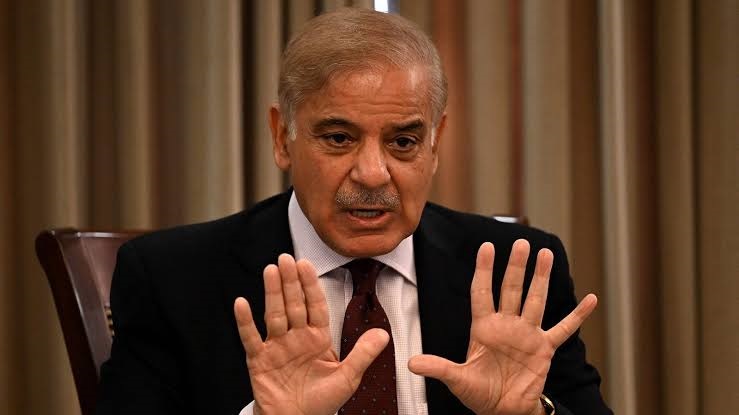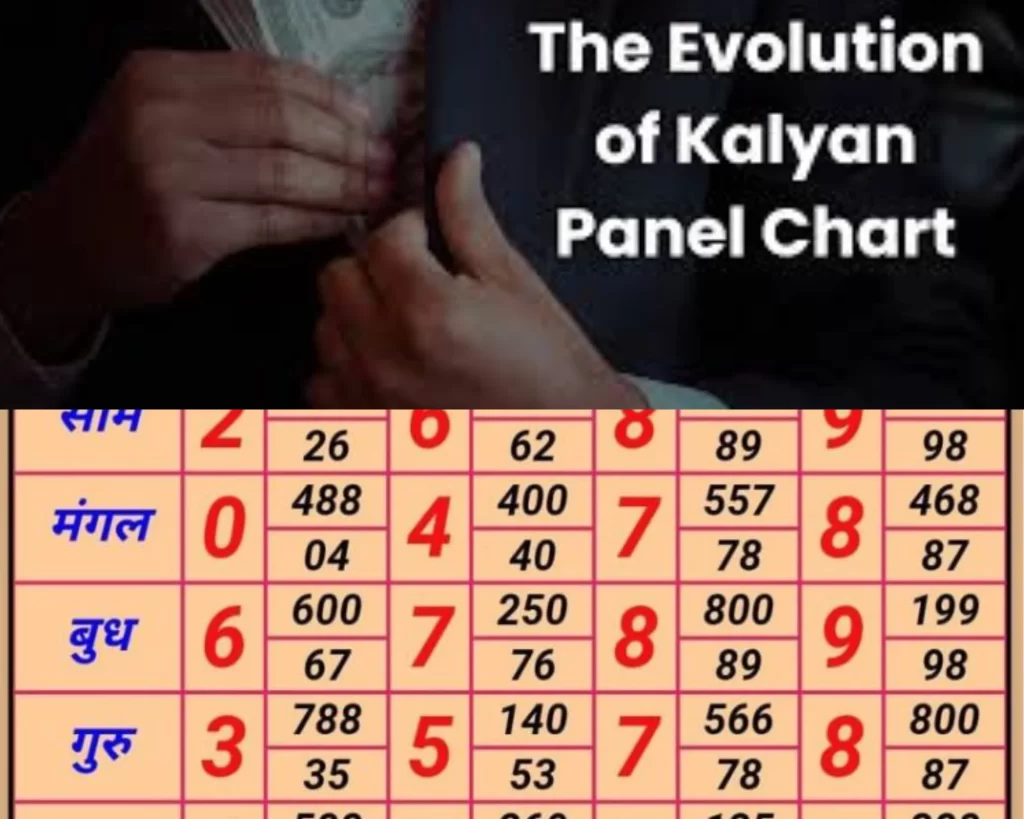Introduction:
Corruption is a persistent and detrimental issue that plagues many countries worldwide. In Pakistan, corrupt politicians wielding power have been a significant challenge, undermining democratic values and impeding the nation’s progress. This article sheds light on the impact of corrupt politicians in Pakistan and the ongoing struggle to address this pervasive problem.
Political Landscape and Corruption:
Pakistan’s political landscape has long been marred by corruption, with instances of politicians abusing their power for personal gain. Corruption takes various forms, including embezzlement of public funds, bribery, nepotism, and favoritism, leading to a widespread erosion of trust in the government and public institutions. Corrupt politicians exploit their positions to accumulate wealth, stifle dissent, and manipulate the system to further their own interests.
In the realm of politics, power struggles and alliances often shape the course of a nation’s governance. In Pakistan, a country plagued by corruption, a united front of corrupt politicians has emerged to challenge the leadership of Prime Minister Imran Khan. This article delves into the dynamics of this alliance and the implications it holds for Pakistan’s political landscape.
Implications for Governance and Development:
Corrupt politicians holding power have severe implications for governance and development in Pakistan. When public officials prioritize personal gain over the welfare of the people, essential services such as education, healthcare, and infrastructure suffer. The misappropriation of funds intended for public welfare projects hampers progress and exacerbates socioeconomic inequalities. Furthermore, corruption erodes public trust in democratic institutions, undermining the very foundations of a functional democracy.
Corrupt Politicians Banding Together:
Corrupt politicians, driven by their shared interests, have formed a formidable coalition against Imran Khan’s government. These politicians, hailing from different political parties, have set aside their ideological differences and come together to protect their vested interests and maintain the status quo. By forging alliances, they aim to exert pressure, undermine Khan’s legitimacy, and safeguard their own positions.
Challenges Faced by Imran Khan’s Government:
Prime Minister Imran Khan swept into power in 2018, vowing to fight corruption and bring about much-needed reforms in Pakistan. However, his efforts to hold corrupt politicians accountable have faced numerous challenges. The united front of corrupt politicians poses a significant obstacle to Khan’s anti-corruption agenda. They employ their influence, resources, and political maneuvering to impede investigations, protect their ill-gotten wealth, and undermine Khan’s government’s credibility.
Impact on Governance and Reforms:
The alliance of corrupt politicians against Imran Khan has profound implications for governance and reforms in Pakistan. It hampers the implementation of crucial measures aimed at eradicating corruption, improving public services, and fostering economic growth. The united front’s resistance to change prevents the effective functioning of state institutions, perpetuating a system that prioritizes personal gain over public welfare.
Implications for Democracy and Public Trust:
The collusion of corrupt politicians can erode public trust in democratic processes and institutions. When individuals responsible for widespread corruption band together, it reinforces the perception that the political elite prioritize self-interest over the needs of the people. This disillusionment can lead to cynicism, apathy, and a loss of faith in the democratic system, hampering Pakistan’s progress toward a more transparent and accountable governance.
The Struggle for Political Survival:
For Imran Khan’s government, the united front of corrupt politicians presents a battle for political survival. Overcoming this challenge requires resilience, strategic maneuvering, and a sustained commitment to anti-corruption efforts. Khan’s government must focus on strengthening institutions, enhancing transparency, and engaging the public to garner support for its reform agenda.
Socioeconomic Impact:
The effects of corrupt politicians extend beyond governance, significantly impacting the socioeconomic fabric of Pakistan. Limited resources that should be allocated for poverty alleviation, job creation, and social welfare programs are diverted to the pockets of corrupt individuals. This perpetuates a cycle of poverty, hindering economic growth and widening the gap between the rich and the poor. The resulting disillusionment and frustration among the populace can lead to social unrest and a loss of faith in the political system.
Challenges in Combating Corruption:
Addressing corruption in Pakistan has proven to be a complex and challenging endeavor. Several factors contribute to the persistence of corrupt politicians in power. These include weak institutional frameworks, lack of transparency and accountability, political patronage, and a culture of impunity. Additionally, the intertwining of politics, business interests, and organized crime further complicates efforts to curb corruption.
Path to Reform:
To combat the dominance of corrupt politicians in Pakistan, a multi-pronged approach is needed:
a. Strengthening Institutions:
Establishing independent and robust institutions, such as anti-corruption bodies and judicial systems, is crucial. These institutions should be empowered to investigate, prosecute, and hold corrupt politicians accountable without fear or favor.
b. Transparency and Accountability:
Promoting transparency and accountability at all levels of governance is essential. This can be achieved through the implementation of comprehensive financial disclosure systems, whistleblower protection laws, and open data initiatives.
c. Electoral Reforms:
Introducing electoral reforms that promote fair and transparent elections can help reduce the influence of money and corrupt practices in politics. Strict regulations on campaign financing and candidate vetting processes can contribute to a more inclusive and accountable political system.
d. Civil Society Engagement:
Encouraging active participation of civil society organizations, media, and citizens in demanding transparency, exposing corruption, and advocating for reform can have a significant impact. Strengthening civic education and creating awareness about the detrimental effects of corrupt politicians is crucial for mobilizing public support.
Conclusion:
The existence of corrupt politicians holding power in Pakistan poses significant challenges to the nation’s governance, development, and socioeconomic well-being. Combating corruption requires a collective effort involving political will, institutional reforms, and active engagement from civil society. The pursuit of a transparent, accountable, and equitable political system is crucial to building a prosperous and just Pakistan where the interests of the people take precedence over the personal gains of a few.




